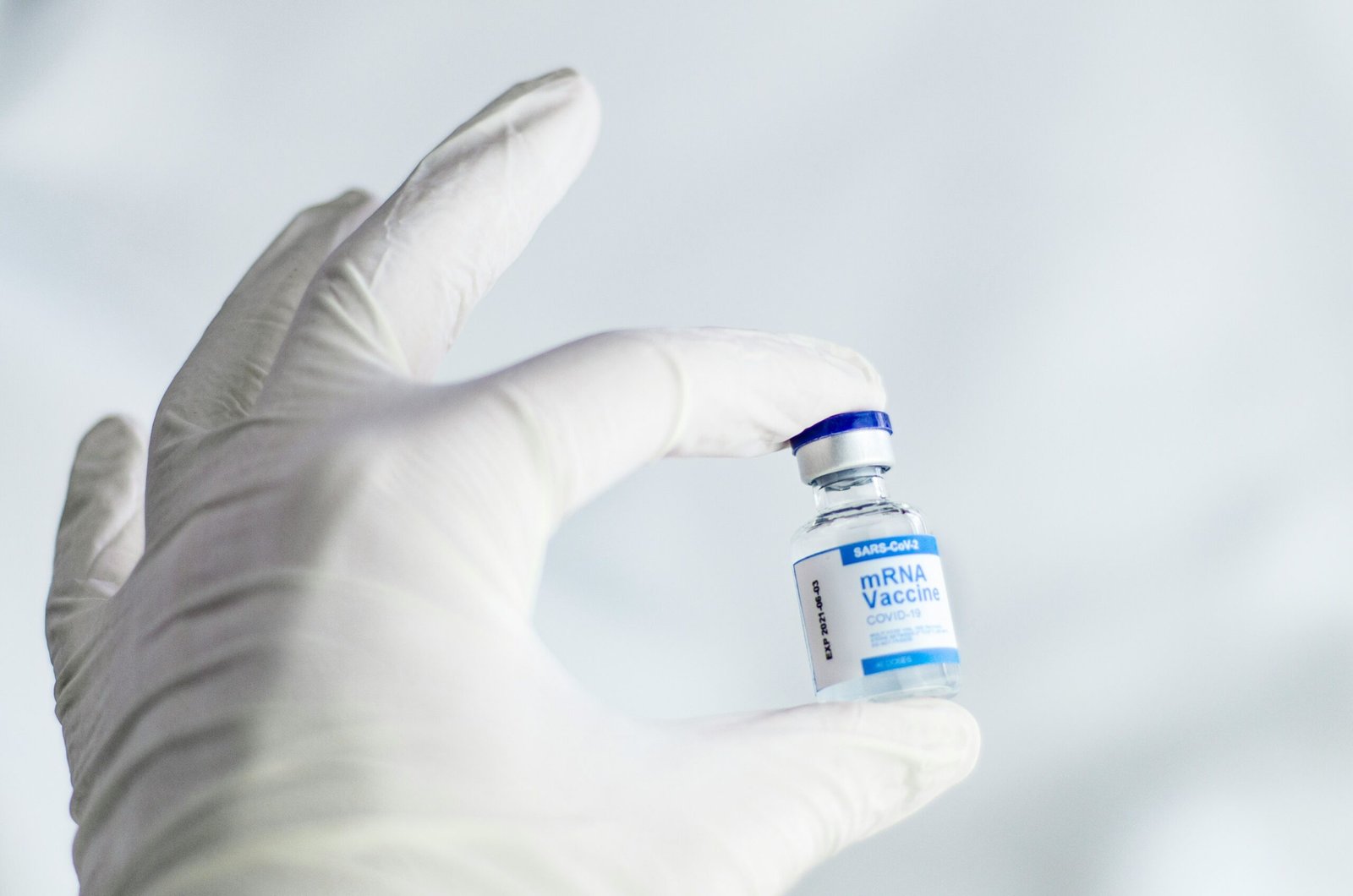The Pertussis Vaccine: Protecting Against Whooping Cough
Pertussis, commonly known as whooping cough, is a highly contagious respiratory illness caused by the bacterium Bordetella pertussis. Despite the availability of effective vaccines, pertussis outbreaks continue to occur worldwide, particularly among infants and young children. In this article, we will explore the pertussis vaccine, its history, effectiveness, safety, and the ongoing challenges in controlling pertussis outbreaks.
A Brief History of the Pertussis Vaccine
The development of the pertussis vaccine dates back to the early 20th century. The first whole-cell pertussis vaccine was introduced in the 1940s and was highly effective in reducing pertussis incidence. However, it was associated with significant side effects, including fever, irritability, and in rare cases, neurological complications.
In response to these concerns, researchers developed a new type of pertussis vaccine known as the acellular pertussis vaccine. This vaccine contains only specific components of the pertussis bacterium, reducing the risk of side effects while maintaining high efficacy. The acellular pertussis vaccine is now the standard of care in most countries.
How Does the Pertussis Vaccine Work?
The pertussis vaccine works by stimulating the immune system to produce antibodies against the pertussis bacterium. These antibodies help to neutralize the toxins produced by the bacteria, preventing the development of pertussis.
The Importance of Vaccination
Pertussis is a serious illness, particularly for infants and young children. Serious side effects include pneumonia, convulsions, brain damage, and even death are possible outcomes. Vaccination is the most effective way to prevent pertussis and protect vulnerable populations.
Why is the pertussis vaccine so important for infants and young children?
Infants are particularly susceptible to pertussis and may experience severe complications.
Young children may not have fully developed immune systems, making them more vulnerable to infection.
Pertussis can be easily spread in childcare settings, where infants and young children are often congregated.
The Pertussis Vaccines Schedule
The recommended pertussis vaccination schedule varies slightly from country to country. However, most countries recommend a series of five doses of the pertussis vaccine, typically given at the following ages:
2 months
4 months
6 months
15-18 months
4-6 years
Booster doses may also be recommended for adolescents and adults to maintain immunity against pertussis.
Effectiveness of the Pertussis Vaccines
The acellular pertussis vaccines is highly effective in preventing pertussis. Studies have shown that vaccination can reduce the risk of pertussis by up to 90% in infants and young children. However, the vaccine’s effectiveness can vary depending on factors such as the specific type of vaccine used, the timing of vaccination, and the circulating strains of the pertussis bacterium.
Safety of the Pertussis Vaccines
The acellular pertussis vaccines is generally considered to be safe. While side effects can occur, they are usually mild and temporary. Serious side effects, such as allergic reactions or neurological complications, are rare.
Common side effects of the pertussis vaccines include:
Pain or redness at the injection site
Fever
Irritability
Fatigue
If you have concerns about the safety of the pertussis vaccine, it is important to discuss them with your healthcare provider.
Pertussis Outbreaks: A Growing Concern
Despite the availability of effective vaccines, pertussis outbreaks continue to occur worldwide. This is due in part to declining vaccination rates, the emergence of vaccine-resistant strains of the bacterium, and the challenges of identifying and treating pertussis cases.
Why are pertussis outbreaks on the rise?
Declining vaccination rates: Some parents may choose not to vaccinate their children due to concerns about vaccine safety or efficacy.
Vaccine-resistant strains: The pertussis bacterium can evolve to become resistant to the vaccine.
Challenges in diagnosis: Pertussis can be difficult to diagnose, especially in older children and adults.
The Role of Healthcare Providers
Healthcare providers play a crucial role in preventing and controlling pertussis outbreaks. They can educate patients about the importance of vaccination, diagnose pertussis cases, and prescribe appropriate treatment.
What can healthcare providers do to prevent pertussis outbreaks?
Promote vaccination: Encourage patients to follow the recommended pertussis vaccination schedule.
Diagnose pertussis: Be aware of the symptoms of pertussis and use appropriate diagnostic tests.
Treat pertussis: Prescribe antibiotics to treat pertussis and prevent its spread.
Pertussis Vaccines and Pregnancy
Safety: The pertussis vaccines is generally considered safe for pregnant women. It can help protect both the mother and the newborn from pertussis.
Timing: The recommended timing for pertussis vaccination during pregnancy varies by country and health organization. In general, it is often recommended during the third trimester to provide maximum protection for the newborn.
Booster doses: Adults who have not received a booster dose of the pertussis vaccine since adolescence may be at risk.
Frequently Asked Questions About the Pertussis Vaccines
Q: What is pertussis?
A: Pertussis, also known as whooping cough, is a highly contagious respiratory illness caused by the bacterium Bordetella pertussis. It is characterized by a severe cough that can last for weeks or even months.
Q: Is the pertussis vaccines safe?
A: Yes, the pertussis vaccine is generally considered safe. While side effects can occur, they are usually mild and temporary. Serious side effects, such as allergic reactions or neurological complications, are rare.
Q: How effective is the pertussis vaccine?
A: The pertussis vaccines is highly effective in preventing pertussis, especially when administered according to the recommended schedule. However, the vaccine’s effectiveness can vary depending on factors such as the specific type of vaccine used, the timing of vaccination, and the circulating strains of the pertussis bacterium.
Q: When should I get the pertussis vaccine?
A: The recommended pertussis vaccination schedule varies slightly from country to country. However, most countries recommend a series of five doses for infants and young children, followed by booster doses for adolescents and adults.
Conclusion
The pertussis vaccines is a safe and effective tool for preventing this serious illness. By understanding the importance of vaccination, the risks associated with pertussis, and the role of healthcare providers, we can help to protect our communities from this preventable disease.
To read more, click here.













Post Comment